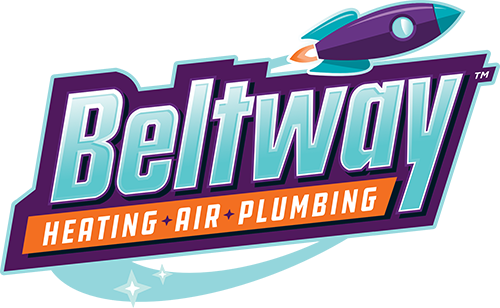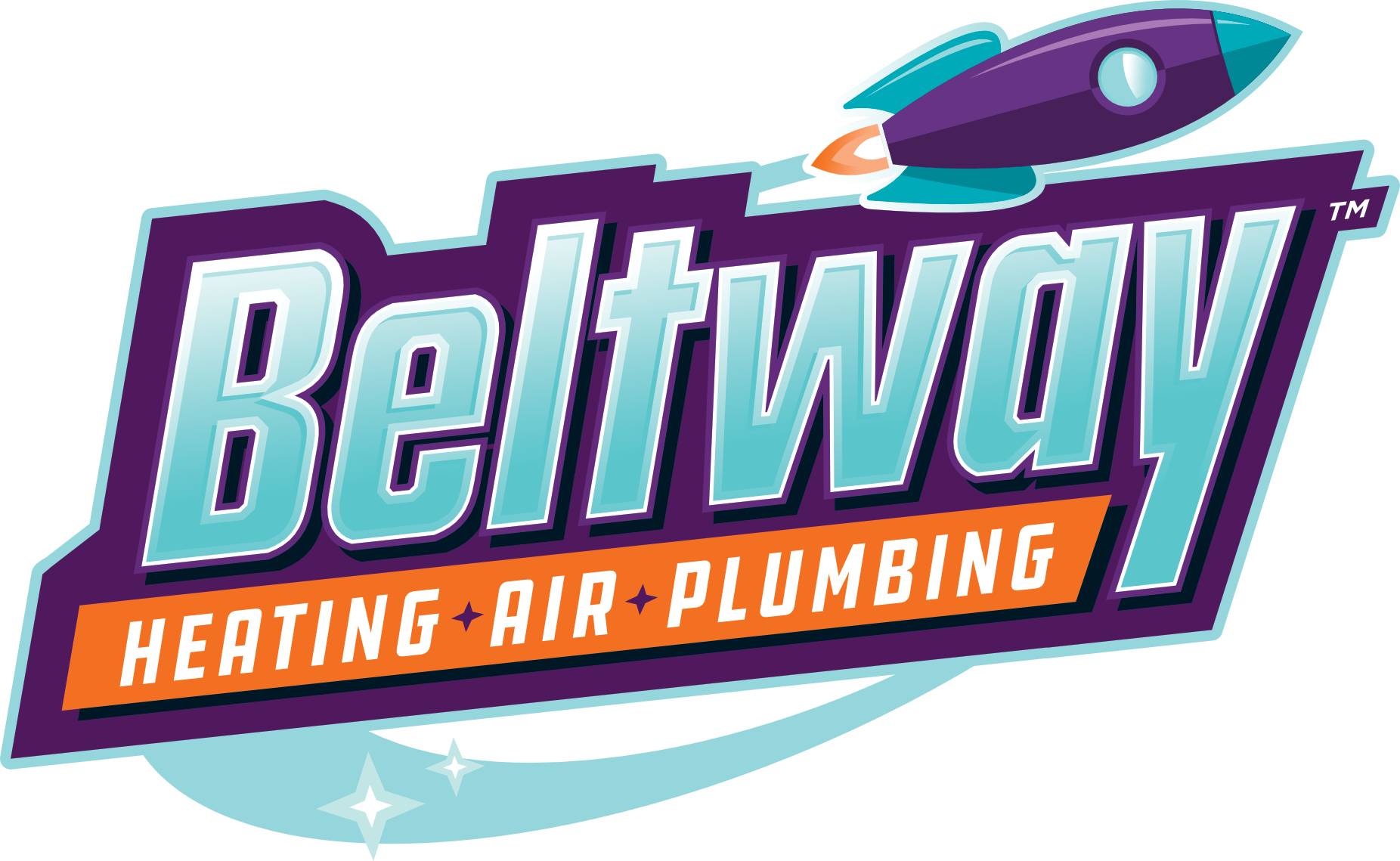The quality of the air that we breathe in our Hanover, MD, homes is incredibly important. Since many of us spend so much time indoors, it makes sense that we should be prioritizing air filtration. Unfortunately, a house can experience contamination from several types of particulates and pathogens. This often results in headaches, more allergy symptoms, irritated nasal passageways, and inflammation. Luckily, there is room for improvement using air filters and air filtration technology. Let’s discuss your options.
What Contaminants Need to Concern You?
Before we talk about the different types of filters that are available, it’s important that you know what contaminants you may need to deal with. Your specific indoor air situation will determine what kind of filtration you need. These are some common indoor air quality issues you need to be aware of.
Pollen
In the spring and summer months, Hanover can experience high levels of pollen in the air. Even if you’re keeping your windows and doors closed, no home has a tight enough envelope that nothing will make its way inside. As you’re exposed to pollen, you may experience sneezing, itchy eyes, a scratchy throat, or a cough. If you also deal with asthma, seasonal allergens can increase your risk of attacks.
Volatile Organic Compounds
Volatile organic compounds (VOCs) come from a variety of products. These chemicals occur in cleaning products, beauty products, and building materials like countertops, cupboards, and furniture. You can also find them in air fresheners and scented candles. You can make some changes to the products you buy to ensure you’re using more natural items, but some VOCs can’t be completely avoided.
Pet Dander
Pets are a wonderful addition to a household, but they release dander that circulates throughout your home. If you are allergic, pet dander can make you sneeze, itch, and cough.
Dust
Even the cleanest homes have dust particles circulating in the air. If you’re using optimal filtration, it can cut back on dust particles. This not only keeps your home cleaner but also improves your indoor air quality.
The Importance of Air Filters
Air filters can trap and remove particulates from your indoor air as they move through your HVAC system. Filters often last 30 to 90 days, depending on the type of filter you’re using. How often you’ll need to change them will depend on how frequently your HVAC system is running, how often you open your windows and doors, whether you have pets, and other factors. Not only do filters help improve your indoor air quality, but they also protect your HVAC system.
Filters come with a MERV rating, which stands for minimum efficiency reporting value. The higher the MERV rating, the fewer particulates that can pass through that filter. While you may think it’s best to go right out and purchase the filter with the highest MERV rating, this isn’t the case. Filters with a high MERV rating must work with an HVAC system that is capable of passing air through the filter with ease. Otherwise, they will place strain on your system that may result in the need for more repairs.
HEPA Filters
High-efficiency particulate air (HEPA) filters can remove as much as 99.97% of the particles that are in your indoor air. This includes things like pet dander, pollen, dust, mold spores, and more. Typically made from plastic or fiberglass layers, HEPA filters often come in an air purification device that has been installed in your HVAC system. HEPA filtration is optimal because it can also reduce the number of viruses and bacteria that are in your home. It’s ideal in cold and flu season.
Fiberglass Filters
Fiberglass filters are very affordable, and they are the most frequently used filters in HVAC systems. Made from strands of fiberglass, these filters generally have a very low MERV rating. In many cases, they have a MERV rating as low as 2 or 3. They are effective along with some other types of air filtration, especially with regular filter changes.
Pleated Air Filters
With a fan-like design, pleated air filters come in a range of efficiencies. Most will last for 30 to 90 days. They are usually made from paper, fiberglass, or cloth. The MERV rating of a pleated air filter can range from 3 or 4 up to 13. To choose the right filter, you need to take into consideration the type of HVAC system that you have. If you don’t have an HVAC system that can handle a high MERV filter, you may need to consider an upgrade. Adding a whole-home purification unit to your setup can also be beneficial if you’re not able to trap enough contaminants with your filter alone.
Electrostatic Filters
By using electricity to capture particles, electrostatic filters can remove particles that are as small as 0.1 microns in size. The filter is charged, while particulates are charged oppositely. This allows for particle removal before air circulates through the home. This is an affordable filter option, as many units utilize electronically charged plates over a replaceable filter. You simply clean the plates and place them back in the unit.
Washable Filters
For homeowners who are looking to reduce their carbon footprint and save some money, there are reusable filters to consider. They look like a disposable filter option, but you remove the filter, rinse it off, and replace it once it has dried. You’ll likely want to have a couple of these filters on hand so that you can still run your HVAC system while one filter is drying. Placing a filter back into your system before it is completely dry and ready can result in mold growth. Some people question if a washable filter ever really gets completely clean. While they can be quite effective, you might prefer a disposable option if you suffer from severe allergies.
Filter-Free Options
In addition to utilizing a filter in your HVAC system, there are other options that work in tandem with your filter setup. This will enhance filtration, so you will experience even better indoor air quality. UV-light technology is available. As things like mold spores, bacteria, and pathogens pass over the light, which is on the UV-C spectrum, they will be broken down. Cleaner and healthier air will pass back into your home through your HVAC system. Another option is using a dehumidifier. When you remove excessive moisture from your indoor air, fewer particles will be present. This also inhibits the growth of mold spores and increases overall comfort in your home.
If you would like to learn more about the different filters that are available for your Hanover home, reach out to the team at Beltway Air Conditioning, Heating & Plumbing. We are ready to help you achieve and maintain a healthy indoor air quality level. We can also help with the installation, repair, and maintenance of your heating and cooling equipment. We offer whole-home dehumidifiers and humidifiers, plumbing services, and thermostat installation, too.
Contact Beltway Air Conditioning, Heating & Plumbing today to schedule an appointment!




